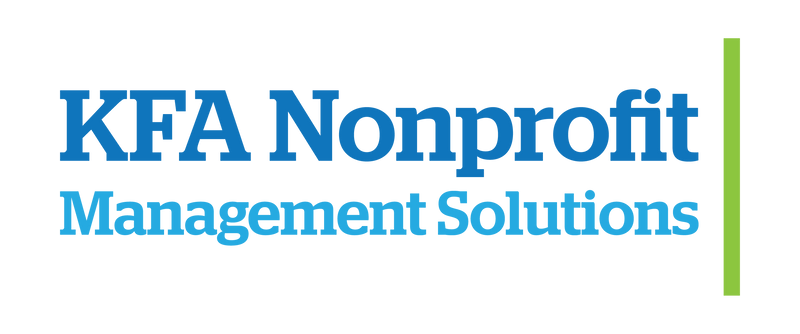Funding for humanities projects and a grant to promote improvement of the education of science and engineering technicians are the highlights of this round up. The Public Humanities Projects grant has been released and it encourages projects that involve members of the public in collaboration with humanities scholars or that invite contributions from the community in the development and delivery of humanities programming. The National Science Foundation is focusing on the education of technicians for the high-technology fields that drive our nation's economy with their Advanced Technological Education grant.
National Endowment for the Humanities
Grant Title:Public Humanities Projects
Grant Info: https://www.grants.gov/web/grants/view-opportunity.html?oppId=307004
Details:The Public Humanities Projects program supports projects that bring the ideas and insights of the humanities to life for general audiences through in-person programming. Projects must engage humanities scholarship to analyze significant themes in disciplines such as history, literature, ethics, and art history. NEH encourages projects that involve members of the public in collaboration with humanities scholars or that invite contributions from the community in the development and delivery of humanities programming. This program supports a variety of forms of audience engagement. Applications should follow the parameters set out below for one of the following three categories: • Community Conversations: This category supports three-month-long to two-year-long series of at least six in-person public programs that are centered on one or more significant humanities resources, such as historic artifacts, artworks, literature, musical compositions, or films. These resources should be chosen to engage a diverse public audience. The programs must be anchored through perspectives drawn from humanities disciplines. Projects may include, but are not limited to, community forums, panel symposiums, lecture series, reading and discussion programs, after-school programs, summer camps, analytical discussions on theater or musical performances, life-long learning programs, or other methods of face-to-face audience engagement or informal education. Applicants proposing programs that include public forums or question-and-answer sessions must demonstrate prior experience conducting public dialogues. • Exhibitions: This category supports the creation of permanent exhibitions (on view for at least three years) and single-site temporary exhibitions (open to the public for a minimum of two months), as well as travelling exhibitions that will be available to public audiences in at least two venues in the United States (including the originating location). • Historic Places: This category supports long-term interpretive programs for historic sites, houses, neighborhoods, and regions that are intended to be presented to the public for at least three years. Such programs might include living history presentations, guided tours, exhibitions, and public programs. NEH encourages projects that explore humanities ideas through multiple formats. Proposed projects may include complementary components: for example, a museum exhibition might be accompanied by a website, mobile app, or discussion programs. Your application must identify one primary format for your project and follow the application instructions for that format.
National Science Foundation
Grant Title: Advanced Technological Education
Grant Info: https://www.grants.gov/web/grants/view-opportunity.html?oppId=307174
Details: With an emphasis on two-year Institutions of Higher Education (IHEs), the Advanced Technological Education (ATE) program focuses on the education of technicians for the high-technology fields that drive our nation's economy. The program involves partnerships between academic institutions (grades 7-12, IHEs)and industry to promote improvement in the education of science and engineering technicians at the undergraduate and secondary institution school levels. The ATE program supports curriculum development; professional development of college faculty and secondary school teachers; career pathways; and other activities. The program invites research proposals that advance the knowledge base related to technician education. It is expected that projects will be faculty driven and that courses and programs credit bearing, although materials developed may also be used for incumbent worker education. The ATE program encourages partnerships with other entities that may impact technician education. For example, with
- the National Institute of Standards and Technology (NIST) Manufacturing Extension Partnerships (MEPs) (http://www.nist.gov/mep/index.cfm) as applicable to support technician education programs and the industries they serve;
- Manufacturing USA Institutes(https://manufacturing.gov/) and Investing in Manufacturing Communities of Practice (IMCPs) (https://www.eda.gov/imcp/)addressing workforce development issues (also see DCL NSF 16-007); and
- NSF Industry University Cooperative Research Centers Program (I/UCRC) awardees (http://www.nsf.gov/eng/iip/iucrc/).
The ATE program encourages proposals from Minority Serving Institutions and other institutions that support the recruitment, retention, and completion (certificate, degree, program)ofstudents underrepresented in STEM in technician education programs that award associate degrees.NSF is particularly interested in proposals from all types of Minority Serving Institutions (including Hispanic Serving Institutions, Historically Black Colleges and Universities, Tribal Colleges and Universities, and Alaska Native and Native Hawaiian Serving Institutions) where the proportion of underrepresented students interested in advanced technology careers is growing.
